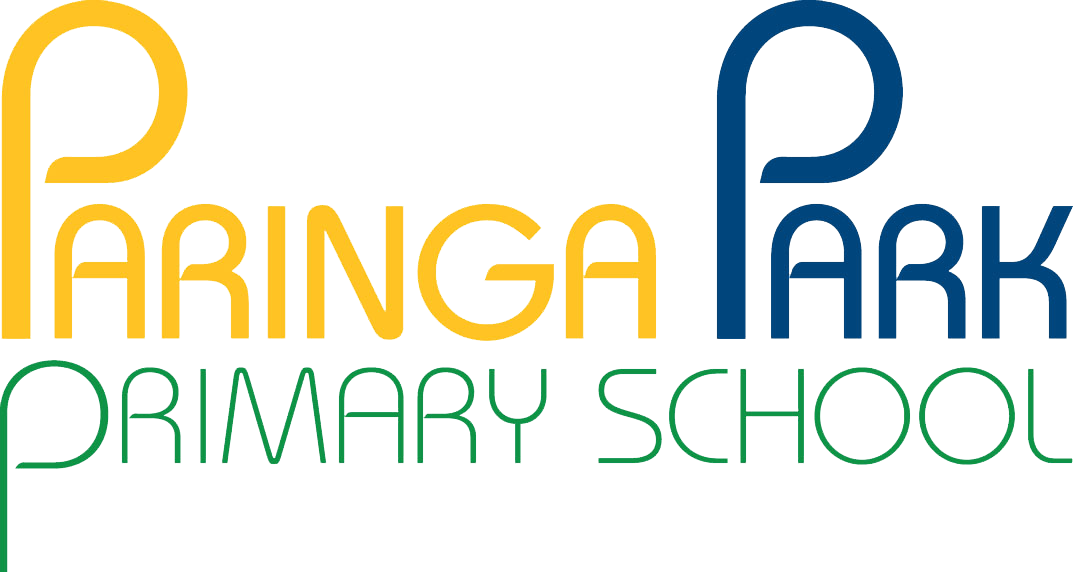
Play in the Early Years
The value of play in learning is well documented. As Honey and Kanter describe in Design, Make, Play, there are strong connections between science learning and play, “both are motivated by curiosity, investigation and discovery, and at the core of both is creativity. Play encourages a diverse ecology of different engagement strategies, from kinetic to contemplative, from experiential to instructional. The thread through all of these strategies is unpressured exploration and invention, the very characteristic that can lead to creative thought and innovation…”
To support this Paringa Park Primary School has developed a Play in the Early Years Policy which comprehensively documents our beliefs about play, descriptions, qualities and genres of play, identifies the adult’s role in play, considers play and transition and links to the curriculum frameworks and documents our current practices. We have a culture of, and a commitment to, play in the early years. Young children’s play allows them to explore, identify, negotiate, take risks and create meaning. Children who engage in quality play experiences are more likely to have well-developed memory skills, language development and are able to regulate their behaviour, leading to enhanced school adjustment and academic learning (Bodrova E & Leone DJ, 2005).
Early Childhood Methodology
At Paringa Park Primary School we believe that early childhood is a vital period in children’s learning and development. We believe that children’s learning is dynamic, complex and holistic. Physical, social, emotional, personal, spiritual, creative, cognitive and linguistic aspects of learning are all intricately interwoven and interrelated. Our commitment and culture of play at our school provides a context for learning that:
• allows for the expression of personality and uniqueness
• enhances dispositions such as curiosity and creativity
• enables children to make connections between prior experiences and new learning
• assists children to develop relationships and concepts
• stimulates a sense of wellbeing.
As early childhood educators we are inspired by the Principles of Reggio Emilia and believe that children actively construct their own understandings and contribute to others’ learning. We recognise their capacity to initiate and lead learning, and their right to participate in decisions that affect them. We view children as active participants and decision makers and as capable and competent learners. We draw on a rich repertoire of pedagogical practices to promote children’s learning by:
• adopting holistic approaches
• being responsive to children
• planning and implementing learning through play
• intentional teaching
• creating physical and social learning environments that have a positive impact on children’s learning
• valuing the cultural and social contexts of children and their families
• providing for continuity in experiences and enabling children to have successful transition
• assessing and monitoring children’s learning to inform provision and to support children in achieving learning outcomes






